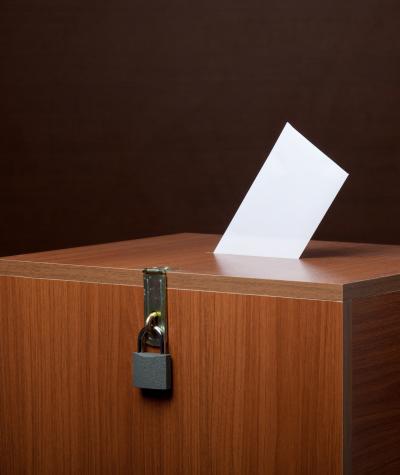As state houses across the country wrap up their 2023 legislative sessions, several states have taken important steps to update their election laws to conform with the new Electoral Count Reform Act of 2022 (ECRA). Colorado, Indiana, Kansas, North Dakota, Nevada and Michigan enacted legislation this year that aligns their timelines for presidential elections with the new procedures established by the ECRA.
Congress passed the ECRA late last year with strong bipartisan support, delivering a major victory for democracy. The new federal legislation updates the archaic Electoral Count Act (ECA) of 1887, which has provided the primary legal framework for casting and counting Electoral College votes in presidential elections for over 130 years.
Recognizing the dangers posed by the original law’s imprecise language, gaps and ambiguities, CLC was heavily involved with the effort to pass the ECRA. As a result of the new federal law, many of the vulnerabilities in the process of casting and counting electoral votes revealed in the 2020 presidential election have been addressed—even as we acknowledge there is much more work to be done to protect elections and voters at the state and federal level.
CLC’s leadership has played a critical role not only in crafting and advancing the ECRA, but in supporting states ahead of 2024 as they work to ensure their presidential election procedures conform to the newly passed federal law.
That’s because while most of the ECRA’s updates affect the process by which Congress must count each state’s electoral votes, there are two changes that states should consider to ensure they comply with the new federal law ahead of 2024.
First, the ECRA specifies that the state executive who must certify the state’s appointment of electors is the governor, unless state law enacted prior to the election designates a different executive to perform the duty.
Second, the ECRA provides that each state’s executive must certify the state’s slate of electors six days before the date on which the electors meet to officially cast their votes on “the first Tuesday after the second Wednesday in December.”
Taken together, these provisions mean that state executives must certify their state’s slate of electors by the second Wednesday of December to meet the new deadline. To be able to do so, states must examine their election codes to make sure that all postelection processes like canvassing, recounts and contests can be completed by the ECRA’s certification deadline.
The new laws in North Dakota, Indiana and Colorado clarify that electors must meet on the first Tuesday after the second Wednesday in December, as is now required by the ECRA.
Additionally, Colorado, Kansas, Nevada and Michigan have made changes that ensure that key post-election processes can be completed by the ECRA’s new certification deadline. Colorado shortened its recount timeline, and Kansas altered its process for election contests. Nevada and Michigan updated both contest and recount procedures to ensure timely completion of certification.
The ECRA takes significant strides toward protecting the will of voters in the 2024 election and beyond, and these state efforts will maximize the success of the new federal law.
CLC continues to support states across the country as they follow this example and update their election codes to meet the new timelines provided by federal law. States considering updating their timelines can look to CLC’s guidance for state officials implementing the new law, and to Election Reformers Network’s report on the impact of ECRA on state law.

